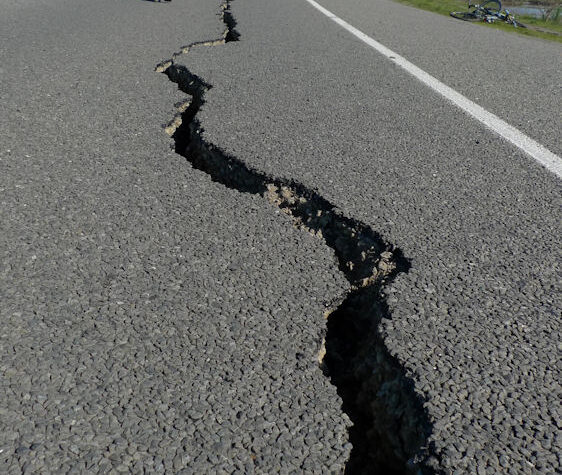Definition:
Astraphobia is the fear or phobia of thunder and lightning. It is a common specific phobia, characterized by intense anxiety or panic reactions triggered by the sight or sound of thunderstorms. Astraphobia can manifest in various ways, from mild discomfort to severe avoidance behaviours, impacting daily life and activities, especially during inclement weather.
Etymology & Origin:
The term “astraphobia” originates from the Greek words “astrapē,” meaning “lightning,” and “phobos,” meaning “fear.” It reflects the specific nature of the fear, focusing on the lightning aspect of thunderstorms. This phobia may develop due to traumatic experiences, learned behaviour, or genetic predisposition, and it often requires therapy or other interventions to manage symptoms effectively.
Examples:
- Individuals with astraphobia may experience rapid heartbeat, sweating, trembling, or panic attacks during thunderstorms.
- Avoidance behaviours such as staying indoors, seeking shelter, or using earplugs to block out the sound of thunder may be common among those with this phobia.
- Cognitive-behavioural therapy (CBT), exposure therapy, and relaxation techniques are often used to treat astraphobia and reduce fear responses to thunder and lightning.



